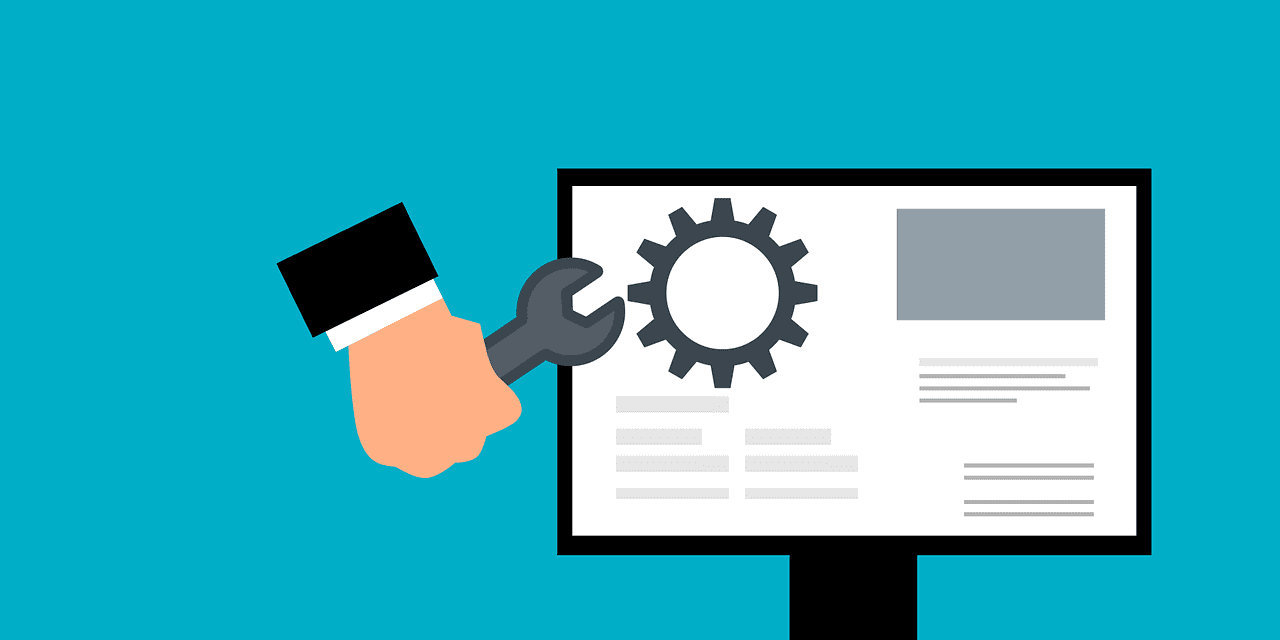Having a website is essential for being successful as a business in 2022, as it’s often the first interaction customers have with you. Therefore, it pays to maintain your website, which means continuous work being poured in to stay at the top of the SERPs and keep your website safe. The key part of website maintenance is keeping customers interested in your content and enticing them to stay longer than a couple of seconds. Throughout this article, we examine the five best website maintenance practices.
Tighten Security
Your website is just a series of documents on a remote hard drive, which can easily be attacked if you aren’t careful. Companies of all sizes can have their website breached and information leaked, which can cost a fortune. Installing Drupal modules or WordPress plugins will help to manage malware. Further, you should make sure that your default username and passwords are changed straight away – the more obscure, the better.
Keep Content Fresh
Fresh content is what keeps visitors coming to your website, so make sure you give them what they want. Updating a news page regularly and running an efficient blog is a great way to keep it fresh and can support your link building strategy. Unfortunately, creating new content is time-consuming and often gets put to the back of the pile. If you find this happens in your business, hire an external website agency to help maintain your website for you.
Encourage User Engagement
Gaining insights from your visitors is a great way to gain feedback, so make sure you’re easy to get in touch with. Make sure your contact information is visible; you can easily put a basic contact form on your website. Throughout your content, speak directly to your visitor and ask them to leave you feedback. Whether you get negative or positive feedback, it will help you to inform your future business practices.
Browser Compatibility
When you build your website, you only know what it looks like on one device. Therefore, you need to check other devices to make sure it is well behaved across the board. As well as optimising your site for devices, you need to ensure it communicates well with Firefox, Google Chrome, Safari, and Microsoft Edge. If your website is broken when a user visits, they may not return in the future.
Speed Your Site Up
There’s no point in having an incredible website if visitors can’t load it quickly; Google says that people will leave if a mobile website hasn’t loaded within three seconds. The higher your bounce rate, the lower your overall SEO score will be. Choosing a reputable hosting platform and optimising your website will help you to stay on top.
Your website is the first interaction potential customers have with your business, so you need to ensure it’s well maintained. Flush your site with fresh content to keep readers returning, check for browser compatibility, and secure your site to prevent costly attacks. If you don’t have time to keep up with regular site maintenance, outsource the job to an agency.




